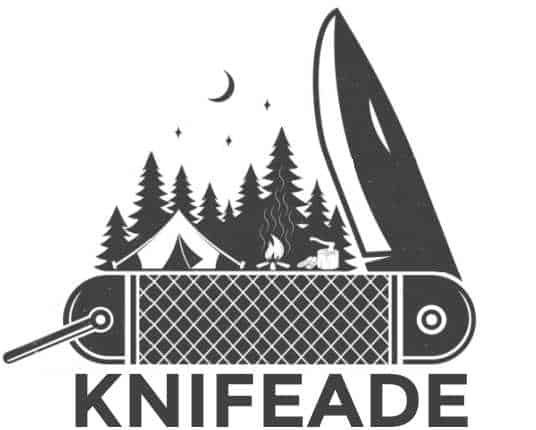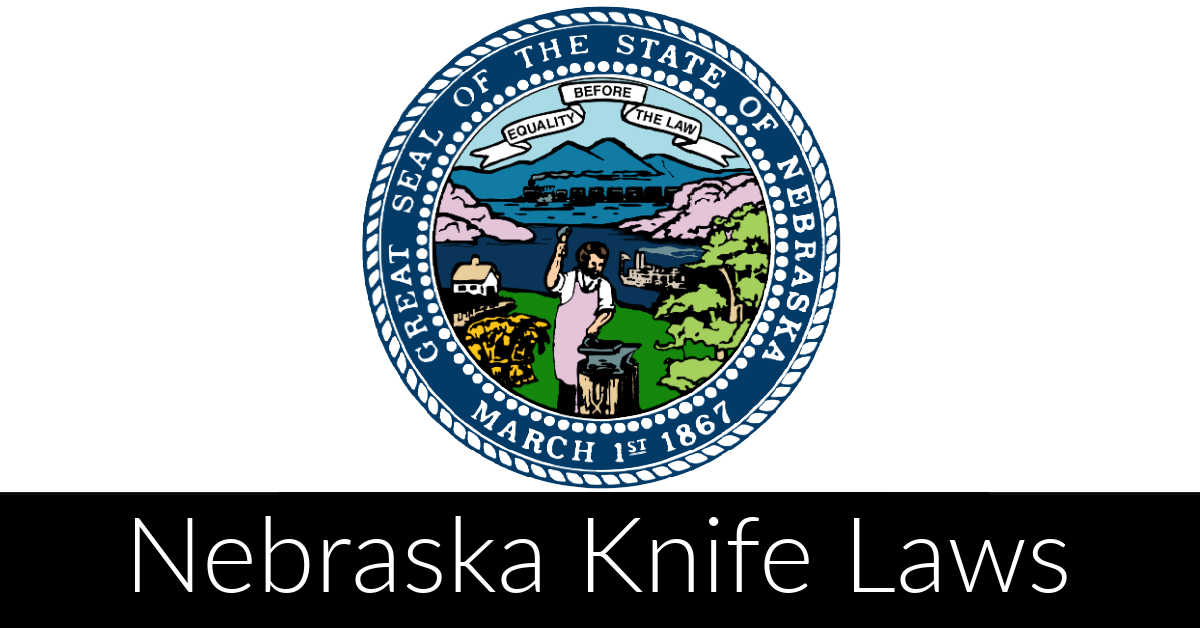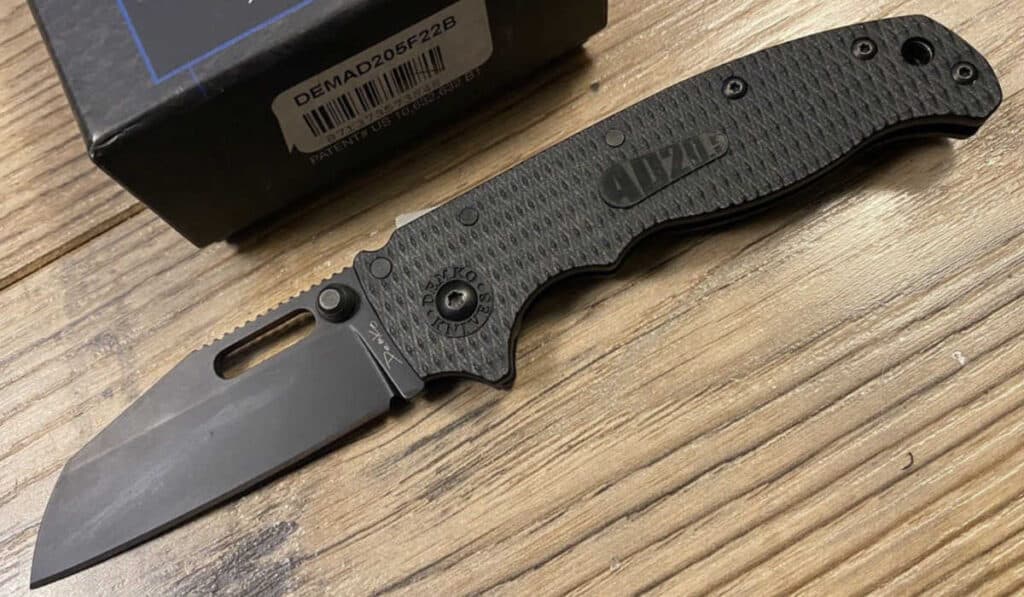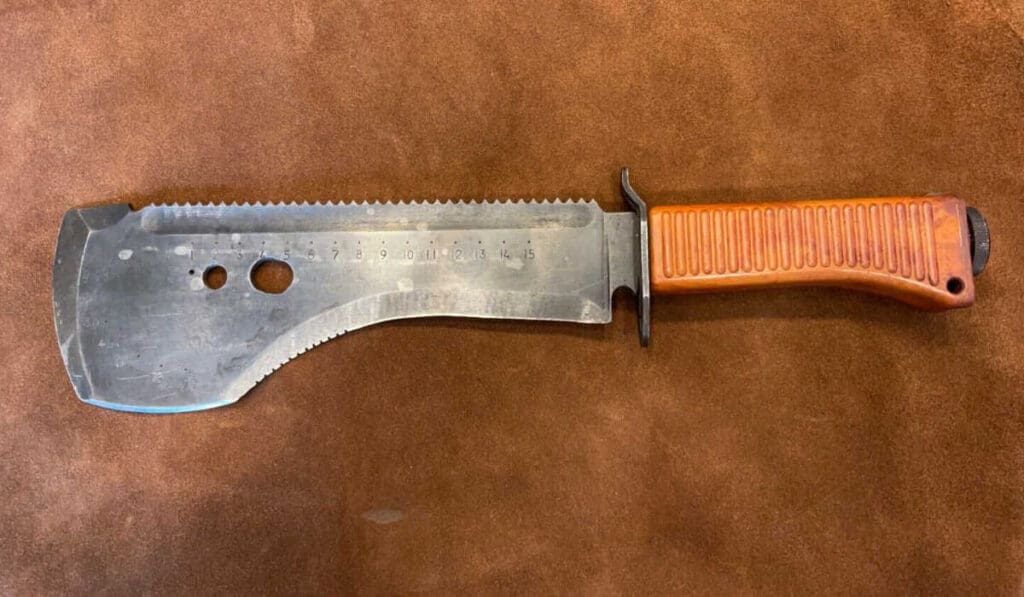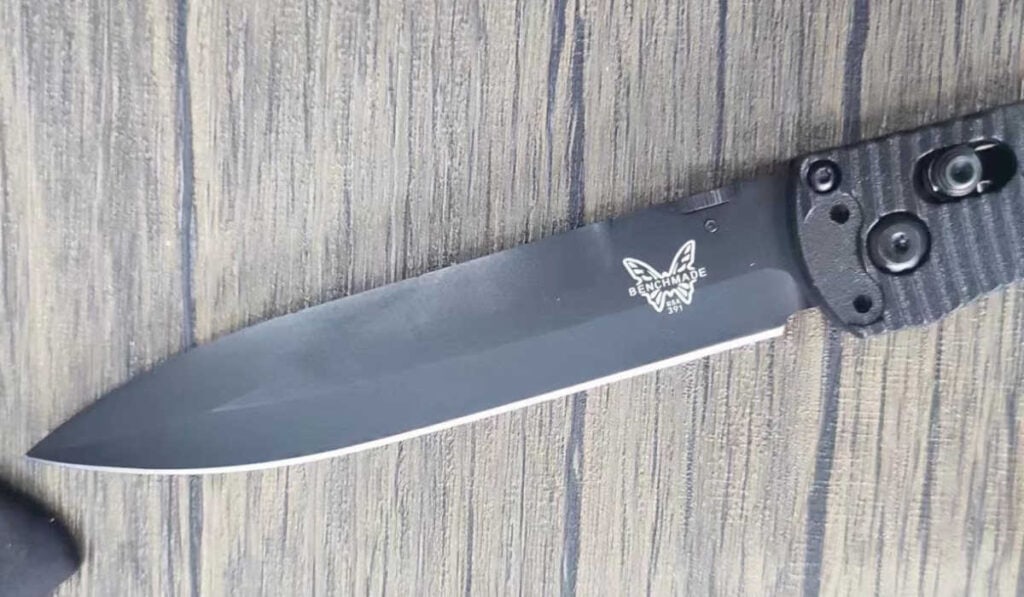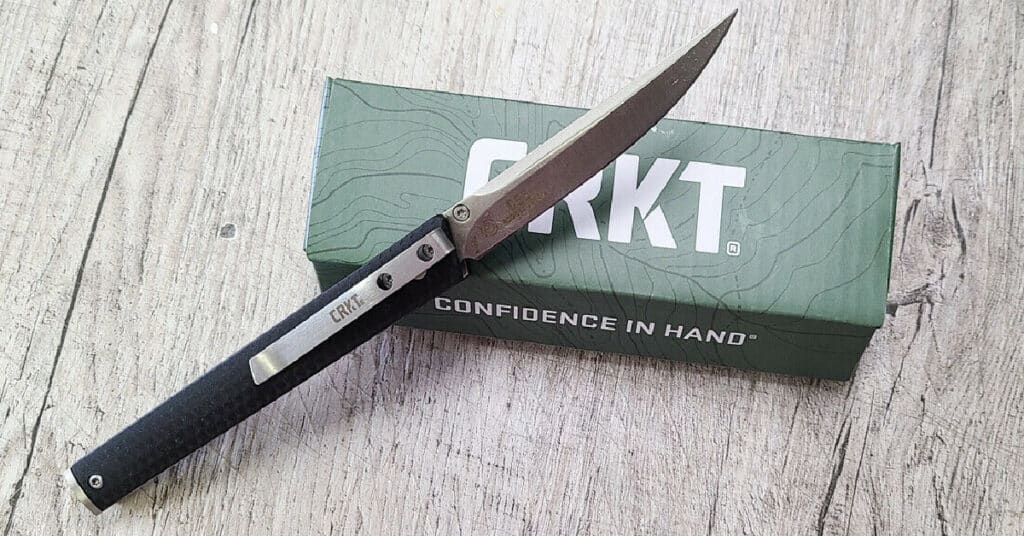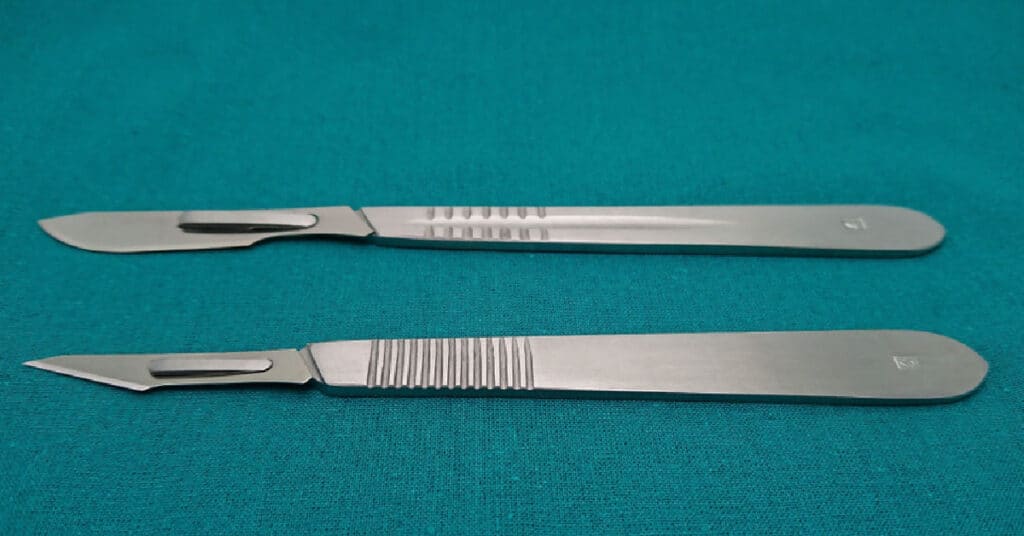Last updated on October 21st, 2023 at 01:45 am
As an Amazon Associate I earn from qualifying purchases.
Are you a knife enthusiast living in Nebraska? If so, it’s essential to understand the state laws regarding knives.
In this blog post, we’ll delve into Nebraska’s knife laws, providing an overview of what’s legal and what’s not when it comes to carrying or using a pocketknife in The Cornhusker State.
We’ll touch on topics like concealed carry laws, open carry laws, possession and use of knives on public property, private property rights concerning knives, and the penalties for violating these regulations.
So whether you’re new to owning a pocketknife or have been collecting them your whole life, ensure you’re well-versed with the rules before stepping out with your blade.
Our Top Rated “50-State-Legal” Knives
*These knives are listed based on their broad legality across states, but always consult your local laws before making a purchase.
Overview of Nebraska Knife Laws
Nebraska knife laws are framed to ensure that individuals use knives safely and responsibly. It’s crucial for all knife owners to grasp the legalities of owning, carrying, and using a knife in Nebraska.
Definition of a Knife
In Nebraska, a “knife” is defined as any instrument with or without a handguard that has a blade capable of being used as a cutting or stabbing weapon. This includes pocket knives, folding knives, switchblades, daggers, stilettos, swords, machetes, and other similar weapons.
Prohibited Knives
In Nebraska, certain types of knives are illegal to possess, sell, or manufacture, including ballistic knives, throwing stars, and undetectable knives. Moreover, daggers, dirks, and stilettos cannot be carried outdoors, although ownership is allowed.
Legal Age for Carrying a Knife
The legal age for carrying a knife in Nebraska is 18. Individuals under 18 may legally possess pocketknives under the supervision of an adult who has permission from the minor’s parent or guardian to supervise them while carrying the knife in public places.
Concealed Carry Laws
Definition of Concealed Carry
Concealed carry in Nebraska refers to carrying a weapon in a manner that is not visible to the public, encompassing knives, firearms, and other dangerous instruments.
Restrictions on Concealed Carry
It’s illegal to conceal carry any knife with a blade longer than 3.5 inches without a valid concealed carry permit in Nebraska. However, with the signing of the Constitutional Carry bill on April 27, 2023, the scope of carrying knives has expanded, and now law-abiding Nebraskans can carry knives concealed or openly, with some exceptions.
Open Carry Laws
Open Carry Laws in Nebraska refer to the legal act of carrying a knife or other weapon openly, typically in plain sight. Although daggers, dirks, and stilettos are exceptions to this rule as they cannot be carried outdoors.
Restrictions on Open Carry
While there are no statewide restrictions on open carrying other types of knives, local ordinances may have additional restrictions. Individuals must be at least 18 years old to legally possess any kind of deadly weapon.
Possession and Use of Knives in Public Places
Public places in Nebraska are defined as any place to which the public or a substantial group of people has access, such as streets, highways, and common areas of schools, hospitals, apartment houses, office buildings, transport facilities, and shops.
It is illegal for anyone under the age of 18 to carry a knife on school property or to a school-sponsored event. Furthermore, any knife, irrespective of size or type, is banned from courthouses, government buildings, schools, professional and collegiate sports events, and establishments that serve alcohol.
Private Property Rights for Possessing/Using Knives
On private property, you have more leniency. On your own property or someone else’s (with their permission), you can generally carry any type of knife you wish, provided it is not being used for illegal activities. However, the restrictions on ballistic knives, throwing stars, and undetectable knives still apply.
Penalties for Violating Nebraska Knife Laws
Violating Nebraska knife laws can lead to severe penalties, including fines, probation, and even jail time. Specifically, carrying a prohibited knife or carrying a knife in a restricted area is a Class I misdemeanor for a first offense and a Class IV felony for a subsequent offense.
FAQs in Relation to Nebraska Knife Law
What size knife is legal in Nebraska?
Nebraska law does not impose a maximum legal blade length for a knife that can be carried openly, except for daggers, dirks, and stilettos which cannot be carried outdoors. However, concealed carry of any knife with a blade longer than 3.5 inches requires a valid permit.
Is it illegal to carry a knife in Nebraska?
In general, it’s legal to carry a knife openly in Nebraska, with certain exceptions. However, concealing a knife with a blade longer than 3.5 inches requires a permit.
Are stiletto knives illegal in Nebraska?
Stiletto knives are categorized alongside daggers and dirks, which cannot be carried outdoors in Nebraska.
Are switchblade knives illegal in Nebraska?
No, switchblade knives are not explicitly prohibited in Nebraska. However, they may fall under concealed carry restrictions if the blade is longer than 3.5 inches.
Nebraska State Knife Law References
Official Sources of Nebraska’s Knife Laws
- Nebraska Revised Statutes sections 28-1201, 28-1202, 79-267, and 28-1206 among others define the terms, restrictions, and penalties associated with knives.
- Local laws in Lincoln and Omaha also regulate knife possession and use, and the state doesn’t have a statewide preemption, which means local laws can and do vary.
Significant Court Cases
| Case Title | Summary |
|---|---|
| State v. Lowman, 308 Neb. 482 | Any knife with a blade over 3 1/2 inches in length is a deadly weapon per se. |
| State v. Nguyen, 293 Neb. 493 | Clarified that for a weapon to be considered deadly, it must be specifically enumerated in the statute. |
| State v. Williams, 218 Neb. 57 | Determined whether an object not named in the statute can be considered a deadly weapon based on its intended use. |
Timeline of Major Changes in Nebraska’s Knife Law History
- 2006: Enactment of the Knife Law for Schools and College Campuses, prohibiting students below 18 from carrying weapons, including knives, on school properties, and individuals below 21 from bringing any type of knife on campuses.
- 2009, 2010, and 2017: Amendments to Nebraska Revised Statutes § 28-1206 that relate to the possession of a deadly weapon by a prohibited person.
- 2023: Signing of Nebraska Constitutional Carry bill (LB 77) by Governor Jim Pillen, which covers knives and includes Knife Law Preemption, expanding the “weapons” preemption statute to cover knives as well.
Conclusion
It’s crucial to be acquainted with Nebraska’s knife laws before carrying or using a pocket knife. While there are some restrictions on concealed and open carry, knives can be used and possessed in public places provided they are not used for criminal purposes.
It’s also important to note that possession and use of knives on private property may have different regulations based on the owner’s preferences. Violating Nebraska’s knife law can lead to serious penalties, so it’s advisable to familiarize yourself with these laws before engaging in any activities involving pocket knives.
As an Amazon Associate I earn from qualifying purchases.
